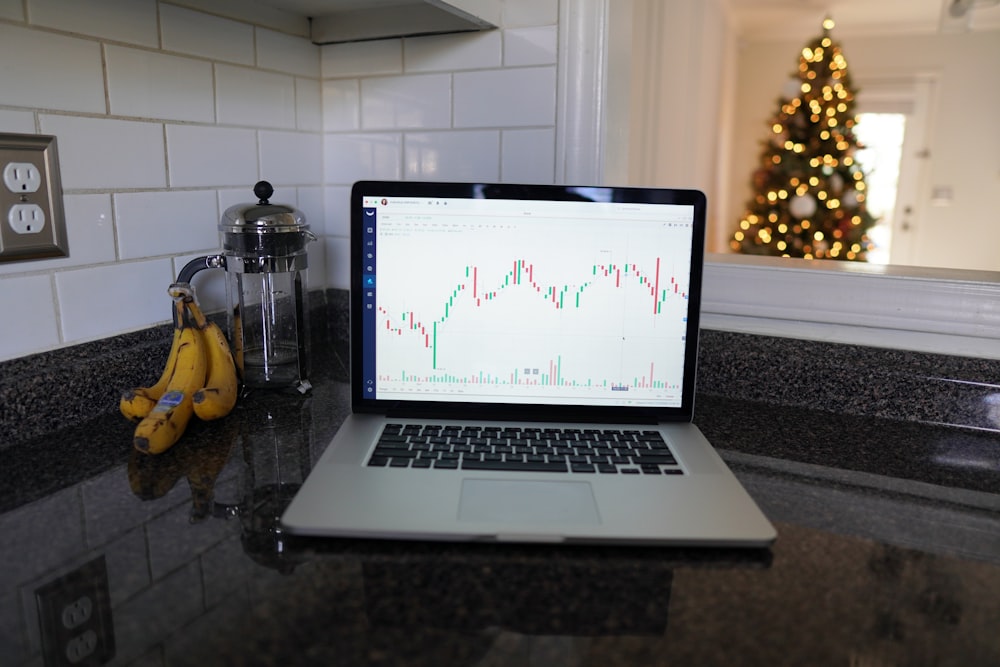

All portfolio managers practice a stock-picking discipline in which they make choices. Growth stock investors attempt to predict which companies will grow the most in the future and compare the growth they expect to what they have to pay to participate. Value managers try to buy companies that are available at a discount to the average stock in hopes of getting average to above-average company performance. We know people we admire in both camps and like to think about how an investor might try to draw from both investment styles.Our eight criteria for stock selection are listed below:
Required over entire holding period:
- Meets an economic need
- Strong competitive advantage (wide moats or barriers to entry)
- Long history of profitability and strong operating metrics
- Generates high levels of free cash flow
- Available at a low price in relation to intrinsic value
Favored, but not required:
- Management’s history of shareholder friendliness
- Strong balance sheet
- Strong insider ownership (preferably with recent purchases)
We have always viewed our portfolio like we are the producer of an ongoing play. We audition actors and actresses through the lens of our eight criteria. We look for meritorious companies that are temporarily deeply out of favor. Many times, these are shares that had been very successful (growth stocks) in the past, and we had been trapped on the outside looking in. We are aware that many of them won’t succeed (roughly 30%) and that most of our performance will come from our best-performing securities.We are contrarians and look at stocks while asking where the shares are in the pendulum between deeply out of favor and very popular. A number of times we’ve purchased stocks that were once very popular (MSFT, EBAY, DIS, SBUX, etc.) and had worked their way into the doghouse. We purchased Mall REITS in 2020 as left for dead, Bank stocks in 2012 when Senator Warren was Occupying Wall Street, and Oil and Gas stocks in 2020 in the aftermath of Saudi Sunday.What is it about this discipline that has served us well? First, we buy into industries that used to be darlings. Energy was 29.74% of the S&P 500 Index in 1981 and now is 3.2%. They sell an addictive set of legal drugs like gasoline and natural gas. Natural gas produces 40% of the electricity in the U.S., and that number is rising. What can you do to be more out of favor than being opposed by a religious organization (radical environmentalists)?Our medicine makers, Merck (MRK) and Amgen (AMGN), are saving lives and making a living by bringing better health outcomes. They do this by funding and commercializing the best discoveries of the world’s finest health research institutions like John Hopkins, Sloan-Kettering, the Mayo Clinic, Fred Hutchinson Cancer Research and MD Anderson. They spend about 18% of their gross revenue each year on research and, for some reason, are being demonized in the process. The shares are the cheapest relative to the S&P 500 Index that we can remember in my 44 years of picking stocks.Lastly, our homebuilders have transformed themselves from property developers in a fragmented industry to wide-moat/fortress-like balance sheet powerhouses in a country that does not have enough affordable single-family residences. DR Horton (DHI) says they are the low-cost builders of single-family residences in all 36 states in which they operate. Lennar (LEN) announced they are on their way in 2025 to being 81% land lite. These two companies will soon be building one out of every three homes built in America annually. Their P/E ratio represents who they used to be at 9.6 and 9.4, respectively. Ask any carpenter, framer, plumber, or tradesperson which builder they want to work with, or ask Howard Hughes Corp. who builds their residential developments.We are very encouraged by the way the new year is setting us up relative to the stock market and our competitors. Investing is a marathon that lasts a lifetime, and we have great confidence in our discipline as we approach the year to come.More By This Author:Don’t Trust Antitrust
Presidential Stock Market Euphoria
Inflation Mathematics















